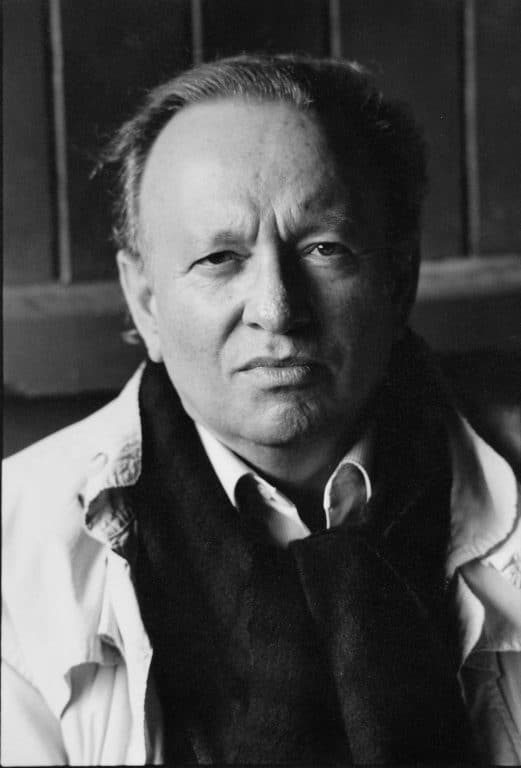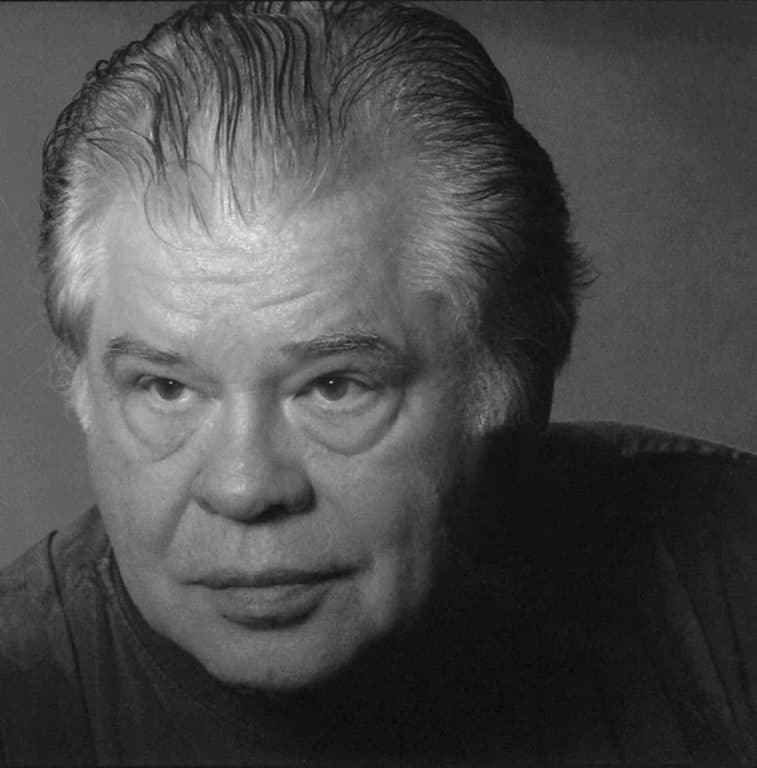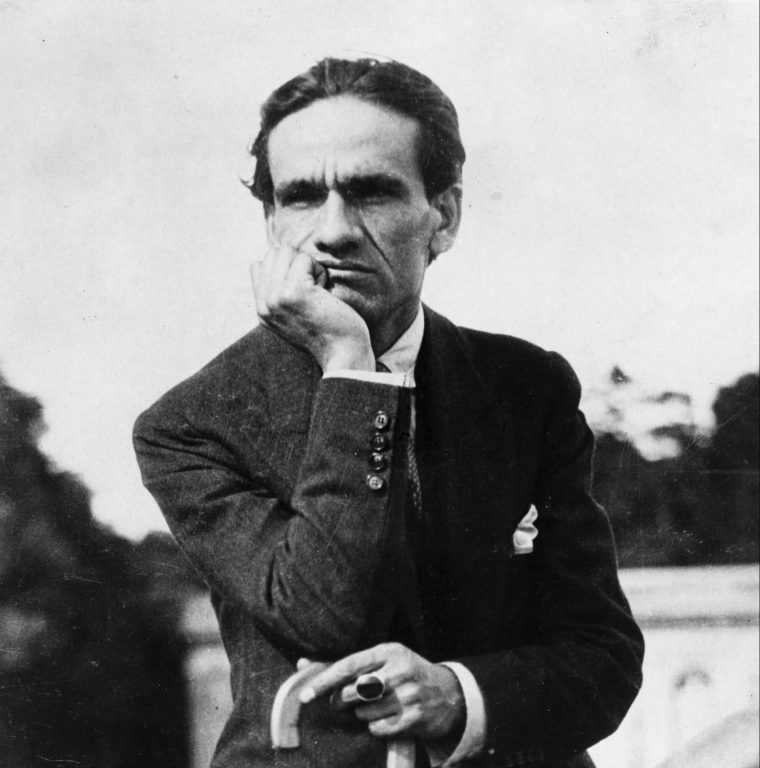The 2011 Griffin Poetry Prize judges made some astute observations about Suzanne Buffam’s shortlisted collection from that year’s shortlist, The Irrationalist. Those observations fit this particular poem “Dim-Lit Interior” to a T … or maybe a to a tee, as Buffam herself might impishly twist it.
What did Tim Lilburn, Colm Toíbín and Chase…
The 2011 Griffin Poetry Prize judges made some astute observations about Suzanne Buffam’s shortlisted collection from that year’s shortlist, The Irrationalist. Those observations fit this particular poem “Dim-Lit Interior” to a T … or maybe a to a tee, as Buffam herself might impishly twist it.
What did Tim Lilburn, Colm Toíbín and Chase Twichell remark on that we see brightly displayed in this poem? For starters:
“[The Irrationalist‘s] rhythms manage to mimic the mind at work, the mind edgy and witty and sharp.”
The varying length of the poem’s lines definitely imitate a mind that is cogitating, sometimes coming to crisp, succinct conclusions:
“I’m done crying into my beer about love.”
sometimes rambling on a bit and then coming to very different kinds of conclusions, some perhaps a bit dramatic:
“One day the sun will burn so brightly it will turn all our seas into vast boiling vats.”
The judges’ citation also states:
“Buffam’s talent is to find the startling, telling phrase, arranging and turning her lines and cadences with considerable surprise and flair.”
With lines like:
“The quiet that follows the storm may be the same as the quiet before it.”
gently upending the idiom “the calm before the storm”, what is startling is how she surprises us into reconsidering an expression so longed use we’ve perhaps stopped scrutinizing its meaning.
The judges also point out”
“[Buffam’s] poetic systems are bathed in irony, but she is also capable of allowing language to soar.”
When we arrive at the last line of this poem:
“The things I would most like to change are the things that make me believe change is possible.”
we might assume that she is continuing to tweak us just a bit with her subtle twists of expected phrases … but then again, is it possible she’s leaving things on a hopeful note?
Read the judges’ citation for Suzanne Buffam’s The Irrationalist in its entirety here.




